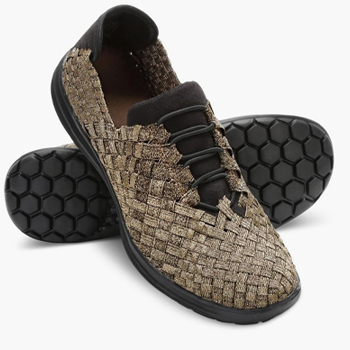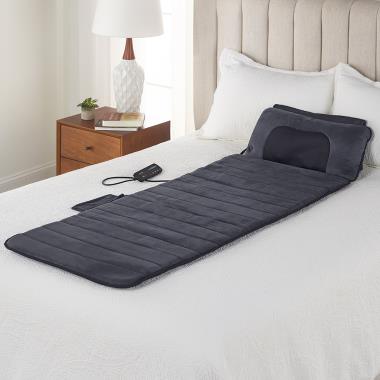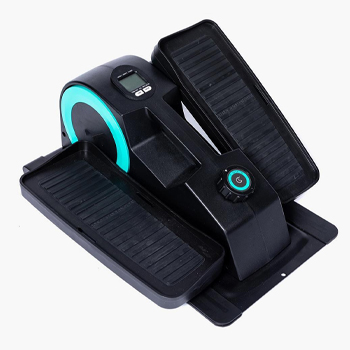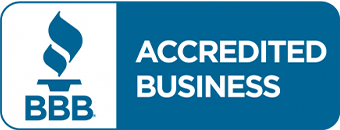May 28, 2020
Home Health Care Series
Part 2 – Blood Pressure
As we stated a couple weeks ago during the first of our four-part Home Health Care series (Part 1 - Temperature), today we'll be looking at measuring one's blood pressure as another vital step maintaining wellness at home.
Because today it's not possible for many to visit a doctor for a basic check-up, taking on a larger responsibility for our own and others' well-being by equipping our homes with technology that helps us stay safe without raising our risk of exposure becomes more important than ever. Therefore, having a blood pressure monitor at home is another key essential for home health care during the pandemic - and keep in mind that insurance companies are likely to consider having one to be part of a preventative care program.
Measuring blood pressure also isn't just for the elderly - as has been shown, this respiratory condition has affected all ages - and even if you're not retired and are still working (from home, most likely), measuring blood pressure can be an active measure to address what can be a highly stressful home situation today, in addition to other common-sense habits such as taking frequent breaks, a healthy diet, good rest, and exercise.
What is the relationship between hypertension and COVID-19?
According to the CDC, anyone with a serious underlying heart condition, such as pulmonary hypertension, might be at higher risk for severe illness from COVID-19. The key term from the CDC's statement is from - The Pulmonary Hypertension Association clarifies this further by stating while there is no evidence to suggest hypertension places a person at a higher risk of contracting COVID-19, it does mean that those who do have hypertension have a higher risk of developing a serious illness if they contract COVID-19.
A recent report by the American Journal of Hypertension lends support:
- Those who have contracted COVID-19 show a high comorbidity with hypertension
- It is unclear whether uncontrolled blood pressure is a risk factor for contracting COVID-19
- It is unclear whether controlled blood pressure for those who already have hypertension is or is not a risk factor.
What should one look for in a blood pressure monitor?
- One that fits around the upper arm versus a wrist model, which have been shown to be far less accurate
- One that provides a high degree of accuracy
- One that provides an alert for hypertension
- One that has an adjustable cuff that fits a wide variance of arm circumferences
- One that stores multiple readings for sharing with one's doctor
The Best Cuff Blood Pressure Monitor is an accurate, safe, and reliable method for keeping track of your blood pressure while at home.
- Earned The Best rating by The Hammacher Schlemmer Institute because it was the most accurate and most comfortable of all tested models
- Accuracy compared to readings taken by a cardiology nurse during testing
- Deviated from cardiology nurse's readings only by an average of 6.75 mmHg (systolic) and 5.92mmHg (diastolic) - lesser units were off by as much as 11.42 mmHg.
- Provides irregular heartbeat detection and hypertension indicator
- Fits arms between 8.5" to 16.5" in circumference
- Stores up to 120 readings for two people
Next week, we'll take a look at another essential piece of equipment that helps keeps us on the straight and "narrow" - a scale.
Our Rather Famous Lifetime Guarantee
The products we offer are as unique as our name and our merchandise is backed by our Lifetime Guarantee of Satisfaction.
Learn MoreThe Story Behind a Retail Legend
In the beginning there was hardware. Over the decades much has changed at Hammacher Schlemmer. But our original philosophy has remained constant...and still guides us more than 175 years later.
Read Our StoryThe affiliated, independent Hammacher Schlemmer Institute was created in 1983 to rigorously research, test and rate products to make the Best products available to our customers.
Learn MoreSave $10 on Your Next Order & be the first to know about our unique new products
*Offer valid on orders over $99
Save $15 on Your Next Order & more exclusive offers when you sign up for text alerts
By signing up via text, you agree to receive recurring automated promotional and personalized marketing text messages (e.g. cart reminders) from Hammacher Schlemmer at the cell number used when signing up. Consent is not a condition of any purchase. Reply HELP for help and STOP to cancel. Msg frequency varies. Msg & data rates may apply. View Terms & Privacy.
*Offer valid on orders over $99






























